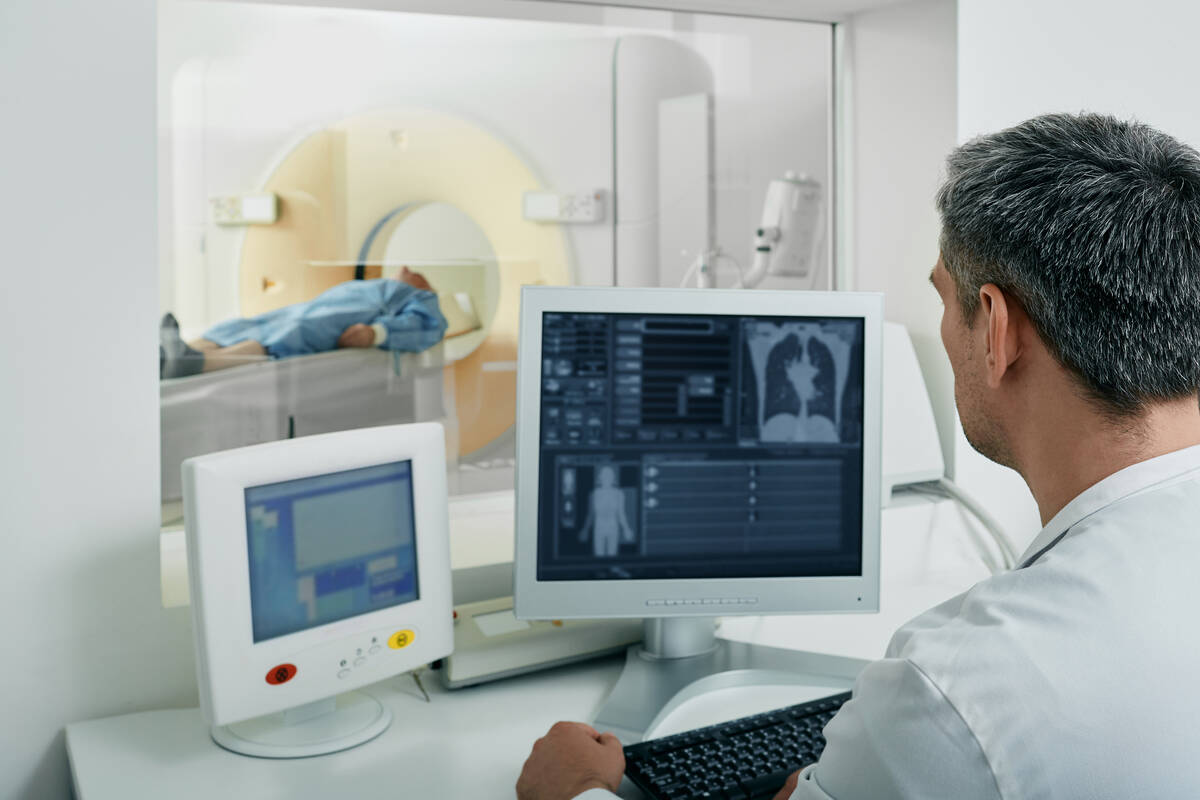Savvy Senior: Who should be screened for lung cancer?
Dear Savvy Senior: Who should be screened for lung cancer and how is it covered by Medicare? I used to smoke but quit many years ago and am wondering if I need to be tested. — Just Turned 65
Dear Just Turned 65: Even if you haven’t touched a cigarette in decades, you could still be due for an annual lung cancer screening, based on new recommendations from the American Cancer Society.
The new guidelines state that adults ages 50 to 80 who smoke or used to smoke the equivalent of one pack a day for 20 years should get an annual low-dose CT scan, no matter how long ago you quit.
American Cancer Society guidelines previously said that those who quit 15 or more years ago were in the clear. But new studies have shown that expanding screening eligibility saves lives, even among people who quit smoking years earlier.
Early detection crucial
Lung cancer is the deadliest cancer in the United States. According to the American Cancer Society, an estimated 234,580 new cases are expected to be diagnosed in 2024, and about 125,070 Americans will die from the disease.
While lung cancer can occur in anyone at any age, cigarette smoking is the top risk factor, linked to 80 percent to 90 percent of lung cancer deaths, and most people diagnosed with the disease are 65 or older.
What makes lung cancer especially tricky is that it’s often symptomless until it’s at an advanced stage, when it’s harder to treat. Early detection can lead to a 20 percent to 25 percent improvement in survival rates.
But a 2022 report from the American Lung Association found that only 5.8 percent of people eligible for a lung cancer screening in the U.S. get screened, and the screening rate is as low as 1 percent in some states.
Screening, coverage
If you fall into the population eligible for a lung cancer screening, start by speaking with your doctor, even if it’s been a long time since you smoked.
Medicare Part B will cover lung cancer screenings with a low-dose CT scan once a year for people ages 50 to 77 who are current smokers or quit in the past 15 years and have a 20-pack-year history. Patients must have an order from their doctor or health care provider and should not have symptoms of lung cancer.
A low-dose CT scan is a noninvasive test in which you lie down and hold your breath while being moved through a doughnut-shaped X-ray machine. The scan takes several X-ray images of the lungs and can help to identify possible abnormalities in the lung tissue.
There are some potential risks with this screening, including the possibility of false positives, which can lead to more scans or invasive procedures. According to the American Lung Association, about 12 percent to 14 percent of lung cancer screening scans will have a false positive, which is about the same rate as with mammograms.
Send your senior questions to: Savvy Senior, P.O. Box 5443, Norman, OK 73070, or visit SavvySenior.org.


















